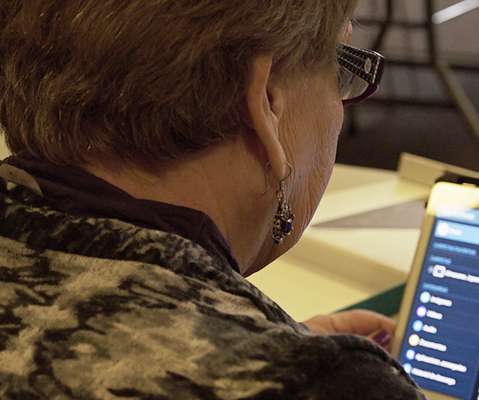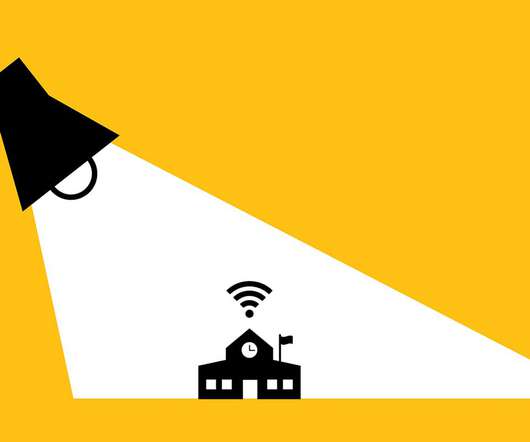When Does Posting Photos of Students Become a Data Privacy Problem?
Edsurge
JANUARY 9, 2023
Public schools are online just as much as their students, it seems, with profiles across social media. Their Facebook pages contain not just announcements but photos from events on campus—graduations, Christmas band concerts, chess team tournament victories, spirit week—where students take center stage.



























Let's personalize your content